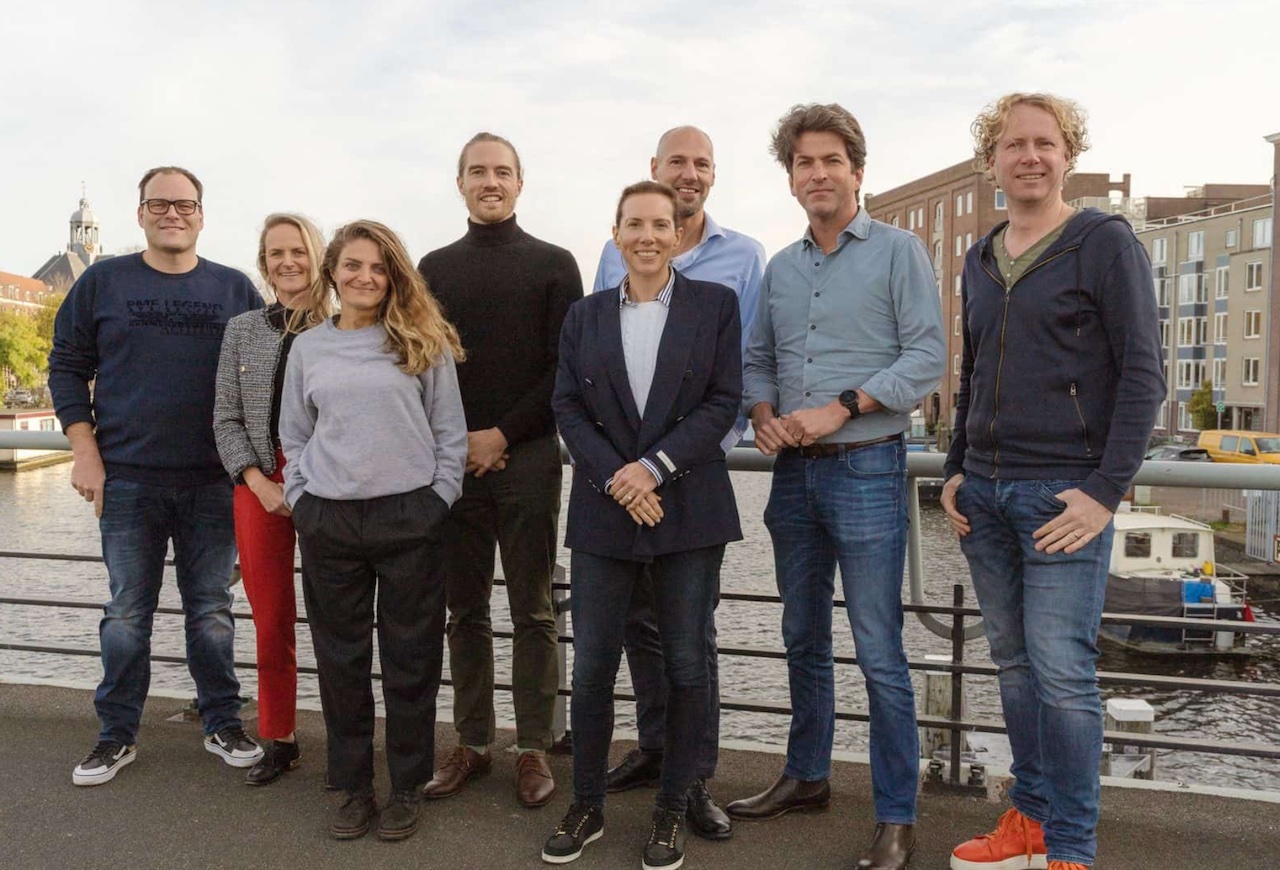The additional €3m investment from Activate Capital, Rubio Impact Ventures and PDENH brings the total funds raised by the company to €25m, as it plans to expand its flexibility services across Europe’s energy grids

Amsterdam-based cleantech Sympower has received an additional €3m in venture capital funding from Activate Capital, Rubio Impact Ventures and PDENH to expand the firm’s demand response and flexibility services across Europe’s energy grids.
This latest investment brings the total funds raised to €25m, following a €22m investment round from the same VC firms alongside Expon Capital and Rockstart in mid-July.
Since July, the company has partnered with Israeli independent system operator Noga, to help stabilise Israel’s electricity grid during times of peak energy demand.
Sympower’s founder and CEO Simon Bushell, said the company, which is currently active in 12 countries, would use the additional funding to extend its services to more countries across Europe, including Italy, Greece, Poland, Hungary, and the Czech Republic.
Speaking to Impact Investor, he said: “This funding will help us to transform Europe’s electricity grid at a critical time in the continent’s history. The funds will allow us to serve more industrial and commercial customers, including demand-side loads, renewable energy production, electric vehicle charging, and battery storage facilities.”
Sympower, which was originally established in Estonia in 2015 before moving its headquarters to the Dutch capital two years later, currently helps more than 200 industrial and commercial customers to reduce their energy costs and decrease their CO2 emission using the flexibility of their energy consuming assets, a process known as demand response or demand-side flexibility. This creates more robust electricity systems that over time, will be able to phase out reliance on fossil fuels.
Keeping the lights on
Sympower explains that all energy users have assets with inherent flexibility. By connecting these assets to Sympower’s demand response management system, consumers can decrease or increase their energy usage to restore balance to the grid when demand and supply shift.
As well as contributing to a more stable electricity grid with a lower likelihood of unplanned outages, consumers benefit from reduced electricity costs and additional revenue from utility and system operators as well as lower wholesale prices as the grid’s reliance on costly power plants during peaks in demand is reduced
Sympower say that the need for their services has been compounded by the continent’s ongoing energy crisis, pointing to the EU’s mandatory 5% reduction on electricity consumption through the EU Gas Demand Reduction Plan, which they say highlights the growing necessity for demand-side flexibility.
Smoothing the transition to renewables
By making the grid more reliable and allowing fossil fuel plants to be safely phased out, Sympower say demand response is also crucial in the energy transition towards renewables.
Bushell pointed to the refocused effort globally towards renewable energy integration, with most countries’ climate pledges focusing on decarbonising their power sectors.
He said: “In 2022, 149 countries have targets that involve renewable power. In order to mitigate the worst effects of the energy and climate crisis, flexibility to adapt to renewable, distributed production is key. We add that flexibility with our proprietary software platform that already provides almost 1GW of flexibility to energy grids across Europe. This creates opportunity for greater renewable energy production, and energy independence for Europe.”
Measuring impact
Bushell said the company measured, monitored and reported on its impact internally and to its shareholders but was hesitant to share any numbers externally, as Sympower’s own developed calculation method had not been certified by a third party.
“This is something that we plan to do in future, so that we can also communicate our impact externally,” he said. “We also measure, reduce and remove our own operational emissions. Even though our emissions are less than 1% of the emissions that we reduce with our business, we believe it is important to reduce these as much as possible and remove them with a high permanence from the atmosphere. We do this working together with our partner Klimate.”






